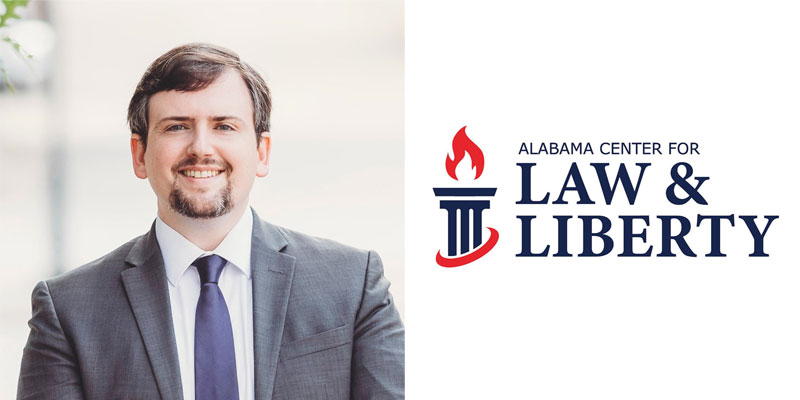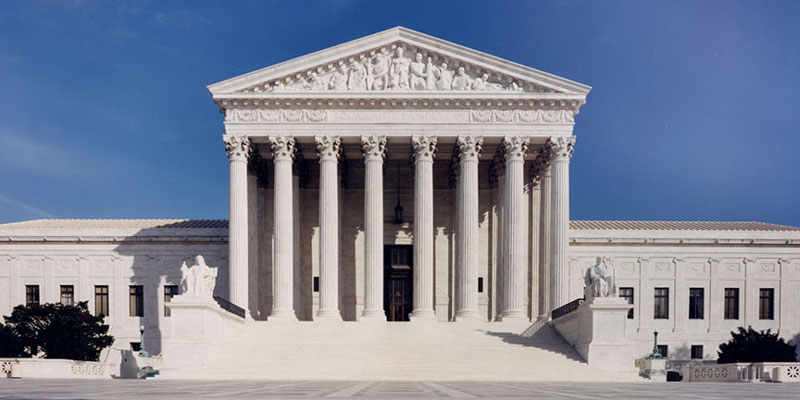Earlier this month, the owner of Uncorked Wine Shop & Tasting Room in west Huntsville filed a lawsuit against Gov. Kay Ivey and Alabama State Health Officer Dr. Scott Harris. The business owner, Saranne Riccio, is arguing that her business lost almost $55,000 and had to close due to COVID restrictions.
Representing Riccio is Matt Clark, an attorney with the Alabama Center for Law and Liberty. Clark says both Dr. Harris and Ivey abused their authority when mandating restrictions on certain businesses.
During Tuesday’s appearance on WVNN’s “The Yaffee Program,” Clark discussed how he plans to win this case.
“We’re challenging the validity of Dr. Harris’ orders and the governor’s orders back in 2020 and early 2021,” he said, “and we’re arguing that both Dr. Harris and the governor exceeded their authority in issuing all those orders.”
Clark argued that Dr. Harris in particular misinterpreted a specific law to push certain COVID-19 restrictions.
“A particular provision that he was relying on,” he explained, “says the State Health Officer, if he finds unsanitary conditions in a bunch of places like restaurants, movie theaters, stuff like that, it’s a very long list of specific places, can issue orders to correct the health problems. Well, there’s a big difference between finding a health problem in a particular place, such as a restaurant with unsanitary conditions after he inspected it and ordered a specific remedy, versus issuing stay at home orders for the entire state.”
When it comes to the suit against Ivey, the attorney said the law the governor used to implement the shutdowns was unconstitutional.
“Our basic argument is that the law she was relying on,” he argued, “the Alabama Emergency Management Act, it gives the governor an unconstitutional amount of pretty much unlimited discretion on how to handle emergencies.”
Clark also reiterated just how the state restrictions specifically hurt Riccio’s shop.
“She made 70% of her gross profits,” he explained, “from people that would come in and dine in in the shop. So when the government prohibited her from doing that, or at least severely restricted that, she was unable to make profits and she eventually ran out of business because of that.”
Riccio’s attorney also said he’s optimistic they can win this case because of victories in similar lawsuits he’s seen in other states.
“Wisconsin was the first state to have their state supreme court come in and start checking the actions of the executive branch,” he said. “After that, we saw some success in Pennsylvania and Michigan as well where their courts, sometimes federal and sometimes state, would step in and say ‘look even in an emergency the law is still the law, the executive branch has real constraints that limit its power, and liberty cannot exist if the executive branch has the authority to both make the law and enforce it at the same time, so we have to step in and say you went too far. You have to do this another way if you want to get this done.’ So, that’s what we’re hoping the Alabama courts will do, too.”
According to Clark, the state has not yet given its response to the lawsuit.
Yaffee is a contributing writer to Yellowhammer News and hosts “The Yaffee Program” Weekdays 9-11am on WVNN. You can follow him on Twitter @Yaffee













